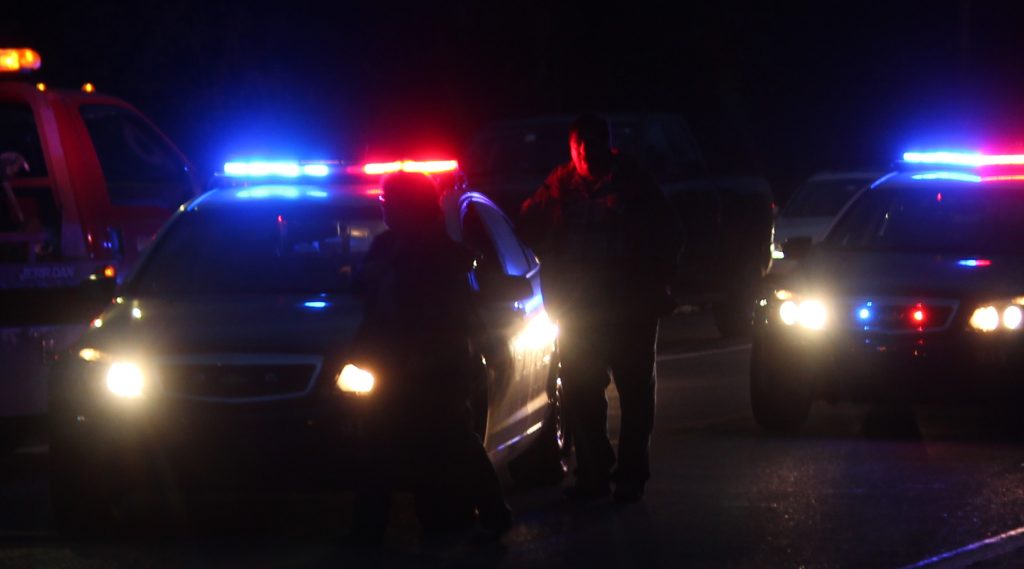
Members of the Delaware State Legislature want to lower the blood-alcohol level at which a driver is considered legally drunk.
Introduced last week, H.B. 320, sponsored by 22nd District State Representative. Joseph Miro, would lower Delaware’s blood-alcohol level from 0.08 percent to 0.05 percent.
Miro thinks the move to the lower blood-alcohol level will make people more aware that they could be charged for a DUI, if they get behind the wheel after having a drink.
In response to the proposed legislation the American Beverage Institute issued the following press release:
Lowering the blood-alcohol arrest level for driving to 0.05 BAC will only distract law enforcement from the most dangerous drivers on the road and criminalize moderate social drinking
The American Beverage Institute (ABI) announced its opposition to recently introduced Delaware legislation that would lower the blood-alcohol arrest level for driving from the nationally recognized 0.08 BAC to 0.05 BAC in the state. ABI calls out H.B. 320 as misguided and ineffective because of the negligible impact it will have on drunk driving deaths while also criminalizing moderate and responsible drinking.
ABI recognizes that this bill is a well-intentioned attempt to reduce traffic deaths, but the proposal fails to target high-BAC and repeat drunk driving offenders who are responsible for a majority of alcohol-related traffic deaths. In Delaware, nearly 60 percent of alcohol-related traffic fatalities involve drivers with BACs of 0.15 and above, while only about 2 percent of traffic deaths involve someone with a BAC between the legislation’s targeted interval of 0.05 and 0.08. A .05 per se law will therefore distract law enforcement from the real source of the problem and focus the state’s limited resources on moderate and responsible drinkers.
Furthermore, a driver is simply not meaningfully impaired at .05. A 120 pound woman can reach the .05 threshold after little more than a single drink and a 160 pound man will reach that level after two. In fact, someone talking on a hands-free cell phone—what is considered responsible cellphone use while driving—is considerably more impaired than a driver at .05.
Sarah Longwell, managing director of the American Beverage Institute, released the following statement:
We all want to save lives on our roads and all oppose dangerous drunk driving, but lowering the legal limit from 0.08 to 0.05 BAC will not reduce alcohol-related traffic deaths. Instead, the move will target moderate social drinkers who have enjoyed a drink with dinner while ignoring the high-BAC and repeat drunk driving offenders—many of them registering at double or triple the current legal BAC limit—that pose the greatest threat to safety. If Delaware lawmakers really want to save lives, they have to focus on the real problem, not be distracted by feel-good legislation that criminalizes perfectly responsible behavior.
(Source: American Beverage Institute)

